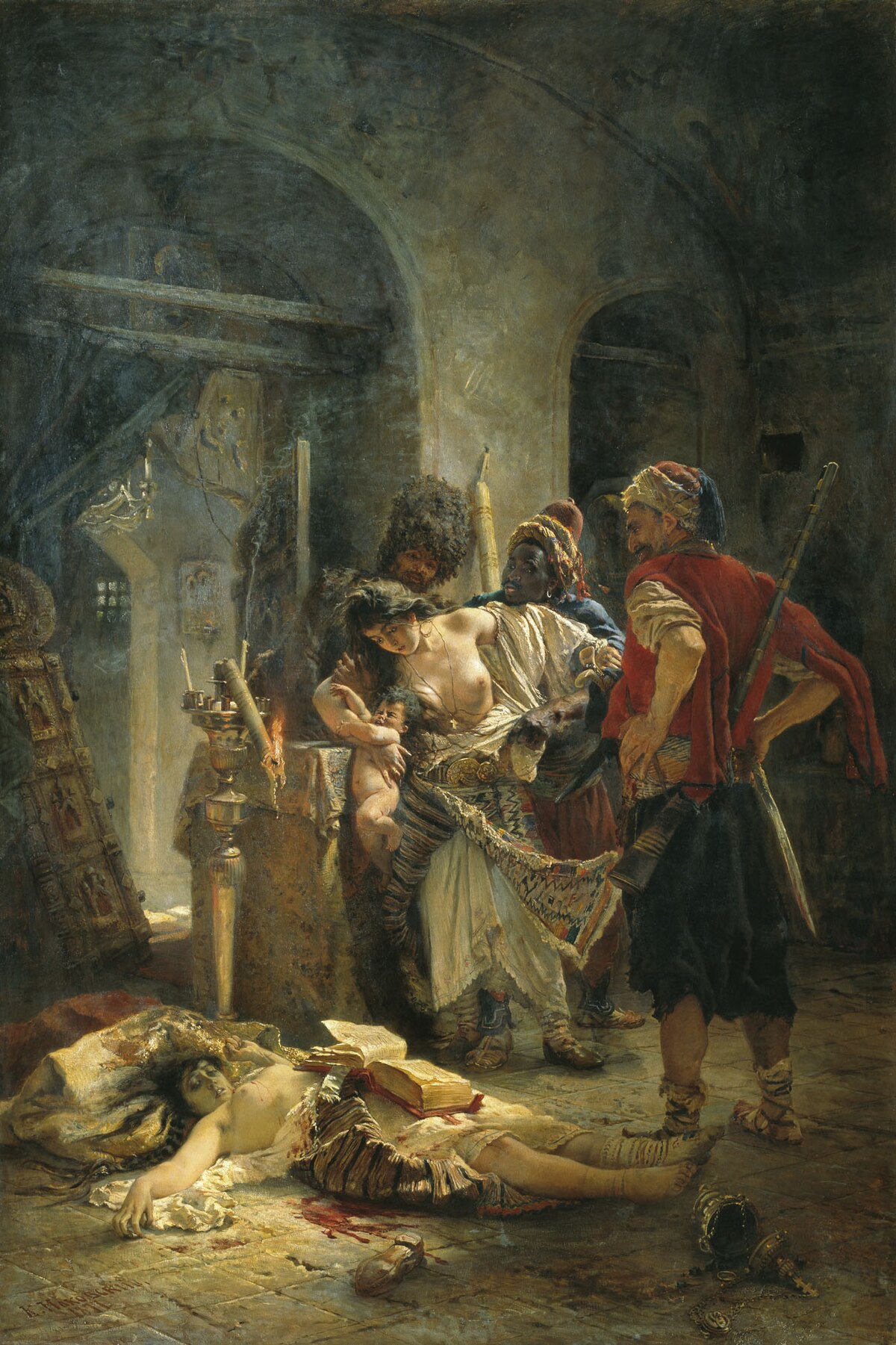
April Uprising of 1876
Plovdiv, BulgariaBulgarian nationalism was emergent in the early 19th century under the influence of western ideas such as liberalism and nationalism, which trickled into the country after the French Revolution, mostly via Greece. The Greek revolt against the Ottomans which began in 1821 also influenced the small Bulgarian educated class. But Greek influence was limited by the general Bulgarian resentment of Greek control of the Bulgarian Church and it was the struggle to revive an independent Bulgarian Church which first roused Bulgarian nationalist sentiment.
In 1870, a Bulgarian Exarchate was created by a firman and the first Bulgarian Exarch, Antim I, became the natural leader of the emerging nation. The Constantinople Patriarch reacted by excommunicating the Bulgarian Exarchate, which reinforced their will for independence. A struggle for political liberation from the Ottoman Empire emerged in the face of the Bulgarian Revolutionary Central Committee and the Internal Revolutionary Organisation led by liberal revolutionaries such as Vasil Levski, Hristo Botev and Lyuben Karavelov.
In April 1876, the Bulgarians revolted in the April Uprising. The revolt was poorly organized and started before the planned date. It was largely confined to the region of Plovdiv, though certain districts in northern Bulgaria, in Macedonia, and in the area of Sliven also took part. The uprising was crushed by the Ottomans, who brought in irregular troops (bashi-bazouks) from outside the area. Countless villages were pillaged and tens of thousands of people were massacred, the majority of them in the insurgent towns of Batak, Perushtitsa, and Bratsigovo, all in the area of Plovdiv.
The massacres aroused a broad public reaction among liberal Europeans such as William Ewart Gladstone, who launched a campaign against the "Bulgarian Horrors". The campaign was supported by many European intellectuals and public figures. The strongest reaction, however, came from Russia. The enormous public outcry which the April Uprising had caused in Europe led to the Constantinople Conference of the Great Powers in 1876–77.
